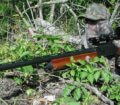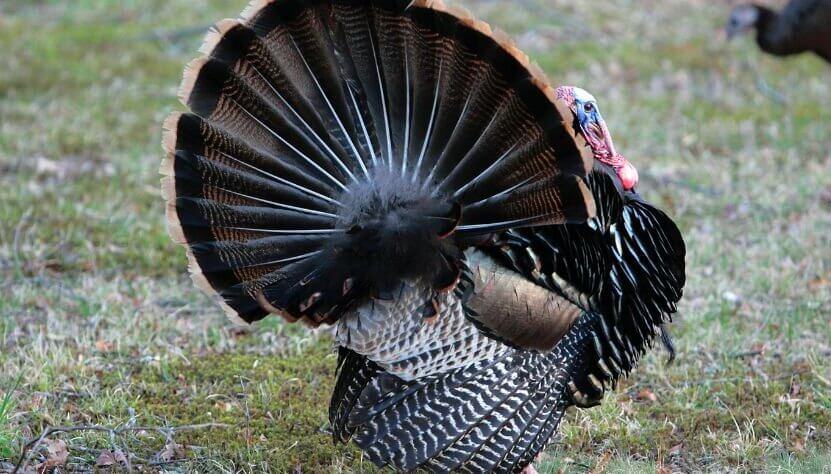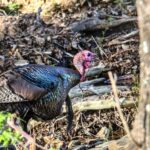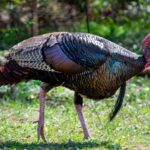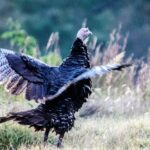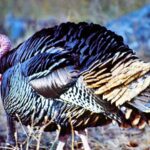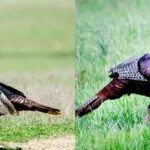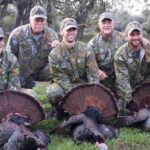Editor’s Note: From a Google survey, I’ve learned what hunters want to know about hunting turkeys. Many of them never have turkey hunted before, and others have called longbeards but have specific turkey-hunting problems they don’t know how to solve. First a hunter needs to understand that each gobbler he or she hunts is an individual bird with his own traits, hunter experiences and survival instincts. So, no one answer will answer all turkey hunters’ questions for each turkey-hunting situation. If you have turkey-hunting questions you need possible answers for, email john7185@gmail.com, and John will try to help.
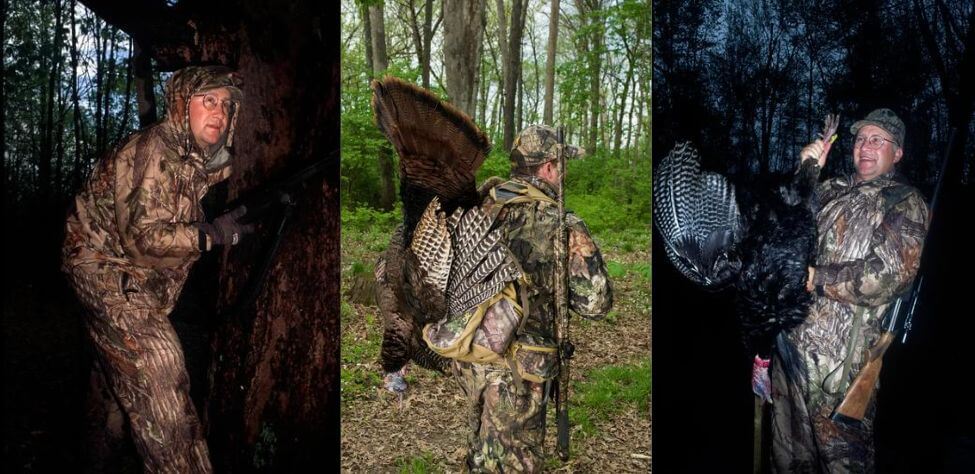
Learn to Hunt Turkeys:
Question: How do you learn to hunt turkeys?
John E. Phillips: Three sources can answer this question:
- Many states now have adult-mentoring programs for turkey hunters, including individuals who never have hunted turkeys before, people who want to learn how to hunt turkeys, and turkey hunters who want to tune-up their skills. Attendees will learn tons of information about turkeys and turkey hunting, meet turkey hunters who are willing to teach them about hunting turkeys and answer questions, and possibly find someone to take them on their first turkey-hunting experience to attempt to take a longbeard.
- The National Wild Turkey Federation (https://www.nwtf.org/) has volunteers in just about every state who are willing to take newcomers on their first turkey hunts and teach them all they can about how to hunt the wild turkey.
- Your state’s Department of Game and Fish may be able to guide you to a mentor who will take you on your first hunt for turkeys. Also, many state wildlife federations have volunteers who will take individuals on their first turkey hunts.
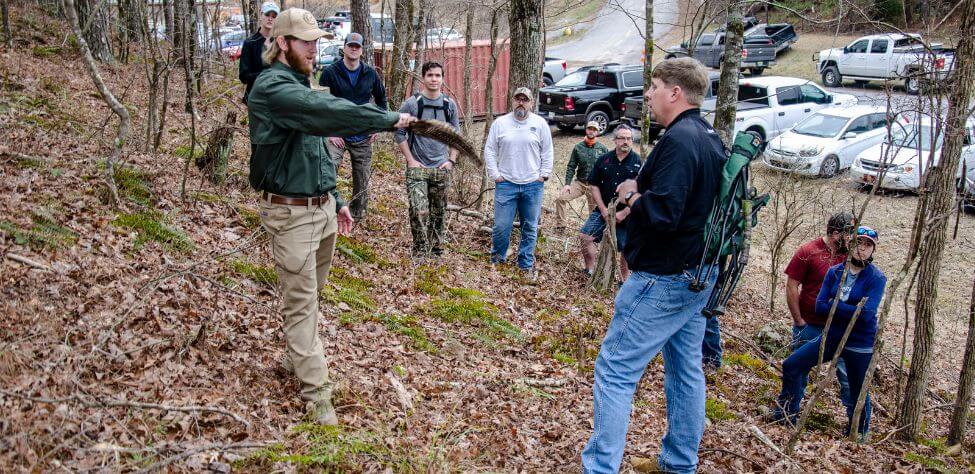
Hunt Turkeys in the Rain:
Question: Can you hunt turkeys in the rain, and why would you?
John E. Phillips: One of the easiest ways in the world to take a gobbler is to hunt him in the rain. Turkeys will shock gobble when they hear thunder; and when they gobble, you’ll know right where they’re roosting. The rain presents several problems for turkeys. They can’t:
- hear as well as when there’s no wind and/or rain;
- see as well in the rain – everything in the woods moves when rain hits it;
- observe predators as well in the rain; and
- run or fly as well under wet conditions.
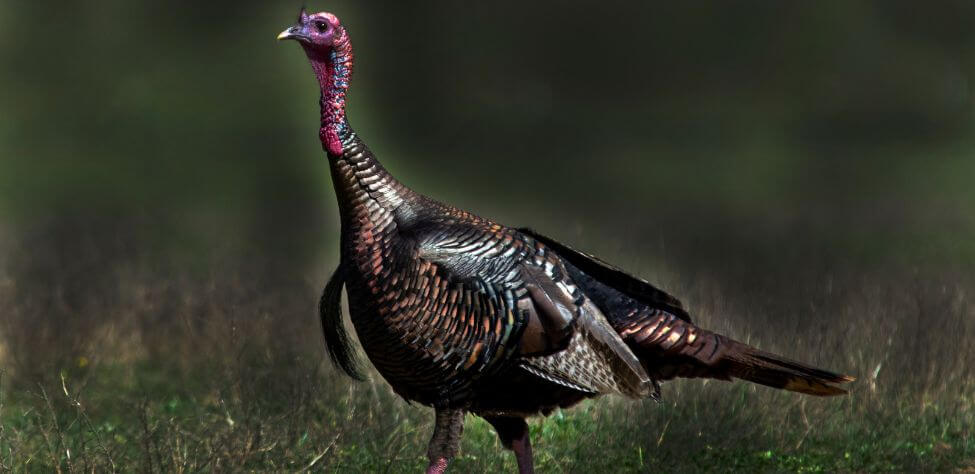
Take Turkeys in the Rain:
- Find the closest field, pasture, clear-cut and/or large opening to where you hear the turkey gobble. Then when he flies down from the roost, he’ll go to those open places to see and hear predators and other turkeys more easily;
- Take a stand near that opening in the dark;
- Give soft yelps at first light, but call loudly enough for the gobbler in the tree to hear you calling. Have some type of brush between you and the field, so when the turkey flies-down from the roost he won’t spot you behind that brush;
- Realize the gobbler thinks a hen’s just off the edge of that field. If he moves closer to where he hears you calling and begins to strut and drum, he thinks he can pull that hen out into the field and breed her.
Another reason for hunting turkeys in the rain is because older gobblers know that most turkey hunters don’t hunt in the rain, so there’s less hunting pressure on them. They’re not as hesitant to come to a turkey call in the rain. To answer the question, turkey hunting in the rain is often the best way I know of to take a gobbler easily.
Tomorrow: What Are Answers to Turkey Hunting Questions
Expert Guidebooks on Turkey Hunting
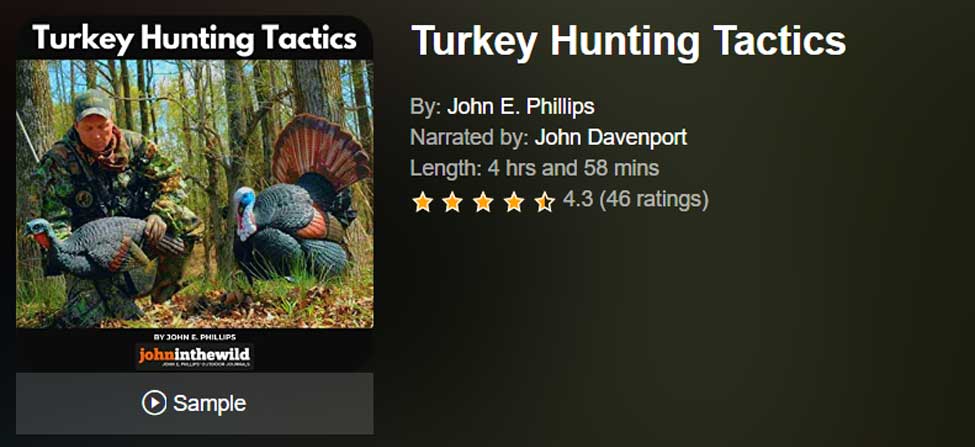
These 22-blockbuster chapters answer questions beginning turkey hunters as well as veteran turkey hunters have. In the Kindle version, you’ll also get links to 24-bonus videos made with some of the greatest names in turkey hunting to learn their best tips.
VERSIONS: AUDIBLE, KINDLE & PRINT
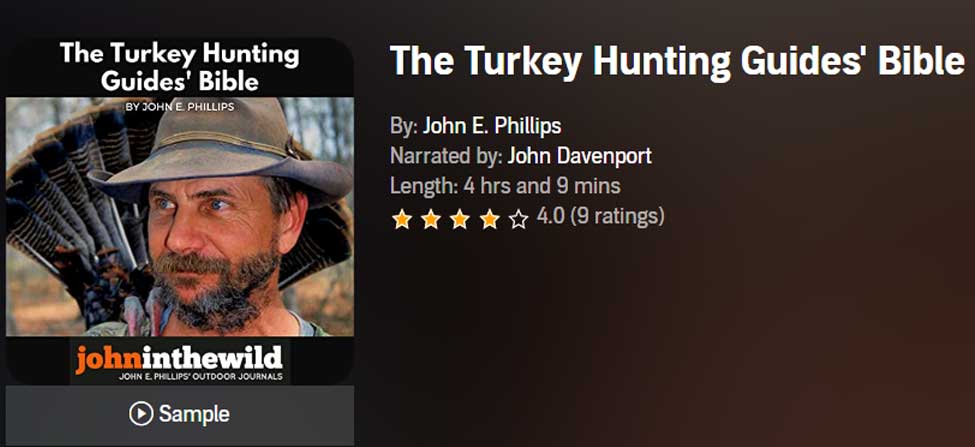
The Turkey Hunting Guides’ Bible
The quickest way to learn how to turkey hunt successfully is to either hunt with a turkey hunter with years of experience or a turkey-hunting guide. These two types of turkey hunters have solved most of the problems turkey hunters ever will face.
VERSIONS: AUDIBLE, KINDLE & PRINT
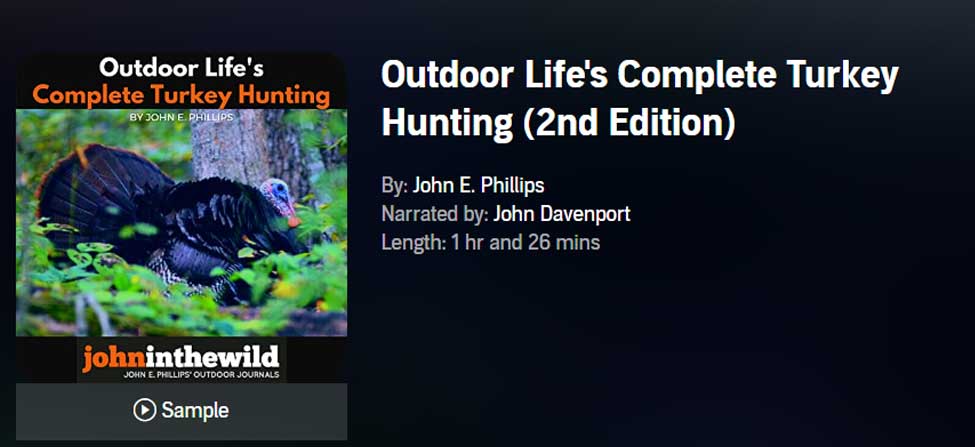
This Audible book will help you learn how to call turkeys with two of the nation’s best, longtime and well-known turkey callers, Rob Keck, formerly with the National Wild Turkey Federation, and Lovett Williams, a wildlife biologist who recorded wild turkeys giving the calls that you’ll learn how to make on various types of turkey callers.
VERSIONS: AUDIBLE & KINDLE


